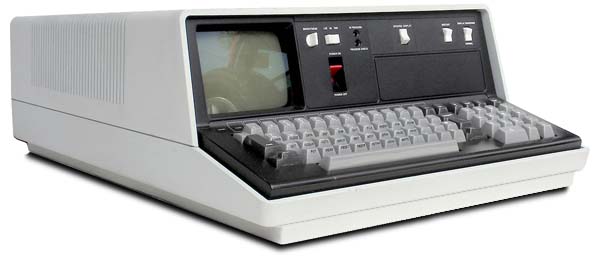Paolo G. Montecillo| Business
Philippine banks will be among the first in Southeast Asia that will be able to use “cloud” computing solutions in their operations, improving the industry’s competitiveness in the region.
Earlier this month, the Bangko Sentral ng Pilipinas (BSP) released a new framework on the use of IT in the banking industry, which included rules that allow banks to use cloud computing technology. The Philippines is the second country in Southeast Asia, after Singapore, to allow banks to use cloud technology.
“Cloud computing can increase the competitiveness of our smaller banks,” BSP Deputy Governor Nestor A. Espenilla Jr. told reporters in a recent interview. “We know this because we are part of the discussion in the international regulatory community. We know we are one of the first.”
Cloud computing is a general term that refers to any service that is hosted over the Internet by a third party. These services can include the storage of data and the processing of transactions, among others.
He said small banks, which do not have resources to spare to invest in expensive servers and other infrastructure, can benefit from the use of cloud technology.
“For smaller banks, this is a cost-effective way for them to store and manage their data without having to invest in infrastructure,” Espenilla said. Instead of buying their own servers, smaller banks could simply pay a third-party service provider to manage their customer information, Espenilla said.
Espenilla recognized that allowing third parties to handle bank data could pose some risks. To address this, he said the BSP’s new IT regulations framework required that customer information must be stored in “private” clouds, which are designed to be safer since the infrastructure is under the control of the bank at all times.
Unlike other countries, the Philippines will allow banks to store their customer data in private clouds that are outside the country as long as all safety measures are followed.
Other data such as marketing materials and other non-essential information could be stored by banks in public clouds, which are less secure as these are made up of servers shared by other clients, Espenilla said.
He said that since any leak of these data would not pose any risk to consumers, the BSP decided to be more lenient.













